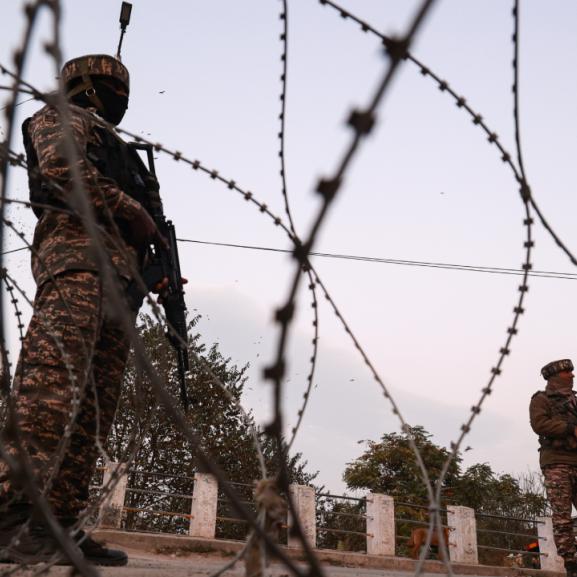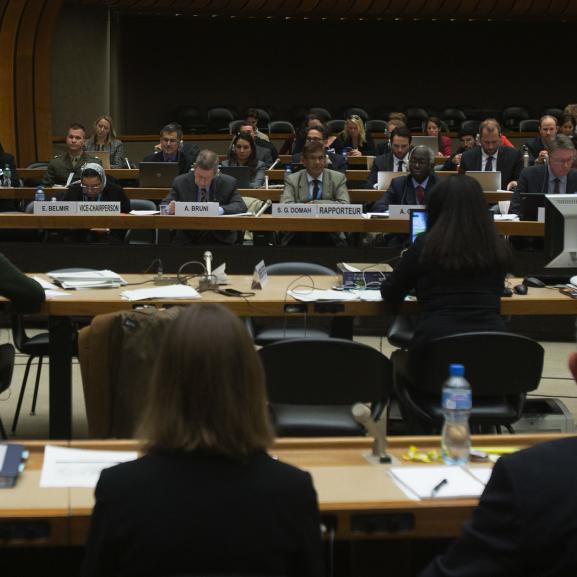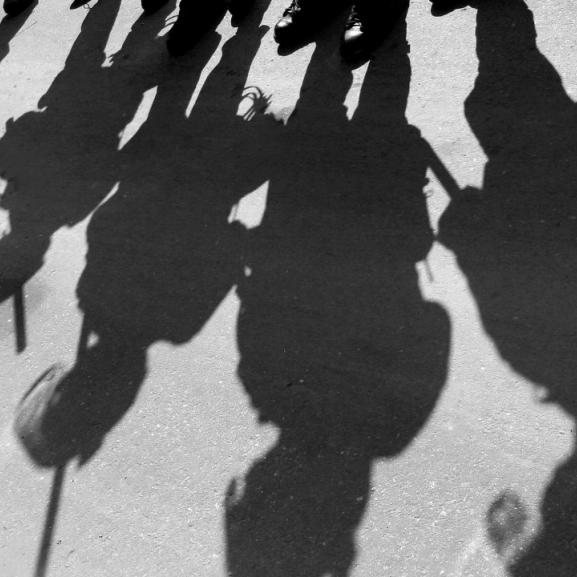Freedom from Torture says alleged brutality at Guantanamo Bay rings true
The three released British nationals' statement about their alleged systematic ill-treatment at Guantánamo Bay rings true, in light of what we know from official sources about techniques of interrogation and torture at Bagram airbase in Afghanistan and at Abu Ghraib in Iraq. The statement is made plausible, says the London-based Medical Foundation for the Care of Victims of Torture, by the US refusal to allow any independent scrutiny of detention at Guantánamo Bay or access to detainees by independent lawyers or non-military courts.
"The main difference between Guantánamo Bay and Abu Ghraib prison," says Foundation spokesman Sherman Carroll, "is that we have not yet seen abusive photographs from Camp Delta. The detention and interrogation regime was equally well planned to break the minds and will to live among Guantánamo detainees - witness the more than 20 officially reported suicide attempts as of March last year among Camp Delta detainees."
The alleged abuses at Guantánamo pre-date those of Abu Ghraib: repeated beatings, sleep deprivation, incessant music at high volume, enforced hunger, stress positions during interrogation (e.g., short shackling, which causes acute pain and longterm injury), enforced nakedness and other sexual degradation, forcible injections, religious humiliation, use of dogs to threaten, denial of proper medical attention for injuries caused during transport and interrogation.
The longterm effects of such abuse can be mentally devastating: depression, shame, sleeplessness, nightmares, panic attacks, and thoughts of suicide. The long-term medical effects can include back and joint injuries sustained while in stress positions; stomach problems related to deprivation of food and prescription of painkillers on an empty stomach; and untreated injuries to ankles, feet, wrists and arms due to short shackling and other excessive use of restraints.
"This statement by the British detainees fills a gap in our knowledge about the black hole at Guantánamo Bay," says Carroll. "Most notable is the systematic nature of it all, which was reportedly tightened when Maj Gen Geoffrey Miller took over in December 2002. This fits with the post 9/11 time-line from Afghanistan to Guantánamo to Abu Ghraib. A US military forensic pathologist has called two detainee deaths at Bagram ‘homicides'. The strict and abusive regime seems to have been enhanced by General Miller at Guantánamo and then taken by him to Abu Ghraib in August 2003. The emerging pattern of abuse is evidence of official policy."
The Medical Foundation calls on the US Senate Committee on Armed Services to adopt subpoena powers and begin a thorough Congressional investigation, under threat of perjury, into the alleged abuses and torture that have been meted out to detainees held in the network of US detention centres set up to hold post-9/11 terrorism suspects.





